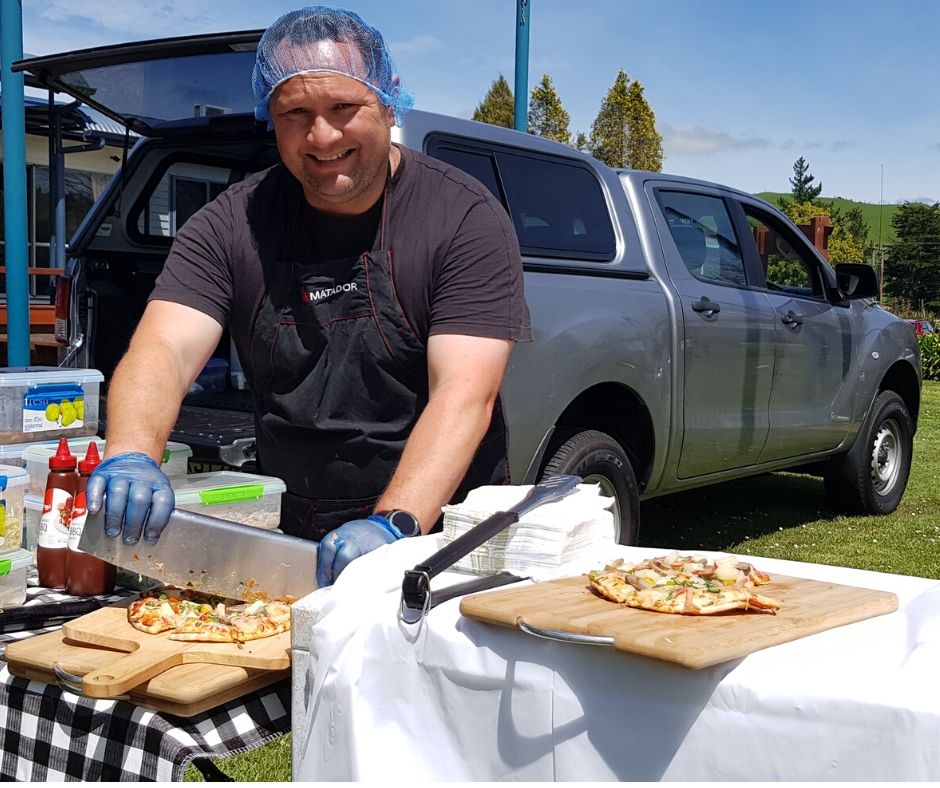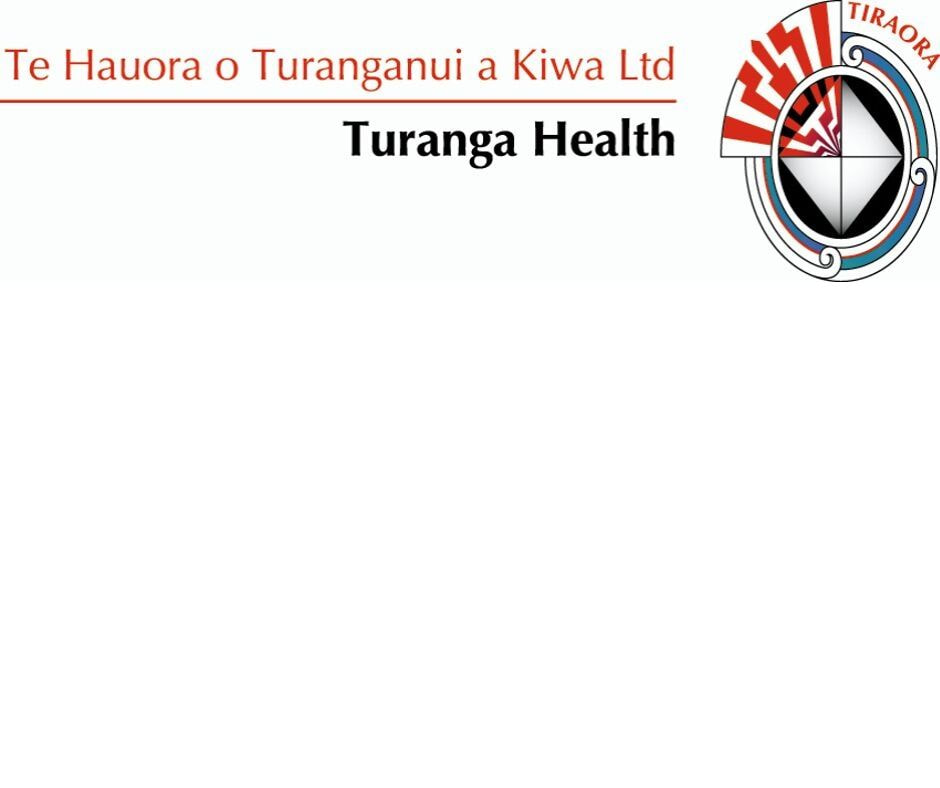 When Henry Lamont started as the Tūranga Health kaiāwhina helping whānau find jobs it was tough work. He was looking for jobs for whānau managing mental health problems, as well as Vanessa Lowndes Centre whānau. The challenge was getting employers to take a punt on someone who might have been out of the workforce. Henry discovered there were very few jobs available… so he created some of them himself! “We looked at what resources we had and how we could use them and thought ‘why don't we help whānau set up their own car valeting business right here at Tūranga Health?’” “They use the site to carry out their mahi and we are right here to offer support and pastoral care if they need it.” “We have some wonderful champions that have come on board,” he says. “Businesses like East Coast Farm Vets, Sport Gisborne Tairāwhiti, Property Brokers . . . they bring their vehicles along for a spruce up.” That, according to Henry, is a win-win. “The businesses get a service they require, and whānau get what they want and need, which is to have the empowerment and dignity of employment. It’s amazing to see how people who may have struggled now have this strength in the face of adversity and that makes for some pretty great workers.” Henry Lamont (Ngāti Porou/Te Whānau-a-Ruataupare) is used to a busy work life balance. He and wife Janelle have five children – including triplets – making for some demanding whānau and sporting commitments. He's also used to being an advocate: in his former role as development officer for Poverty Bay Rugby Union he had a special passion for supporting youth in the sport. Those are strengths he takes into his position at Tūranga Health. As a community kaiāwhina and whānau ora co-ordinator, Henry is charged with working with whānau to ensure they have the support and access to resources they need. “An example might be we'd visit a new mother and identify if she needs any support with, for example, getting a new car seat, or having help to get to the doctor's,” he says. “But you often find in those situations that there is a man in the household who might need some support, too. They might need a plan, some help in achieving their goals, and it helps to have another bloke to talk to about things like that.” Having worked with all sorts of people throughout his life, Henry hopes that makes him approachable and easy to talk to. “It's a bit of a cliché but most people don't want a hand-out, they just want a hand-up and that's where we can help,” he says. “Our approach is to treat people the way we would ourselves like to be treated. It's all about respect.” He loves how at Tūranga Health, whānau can pop in and self-refer. “That's the amazing thing about Tūranga Health . . . if someone wants to talk about anything that might help improve their lives or lifestyle, the door is always open,” he says. “Getting access to services can be a real barrier for whānau, and we are here to help break down those barriers.”
0 Comments
Leave a Reply. |
Media Releases
Email us if you want to receive our media releases. Archives
February 2024
|


